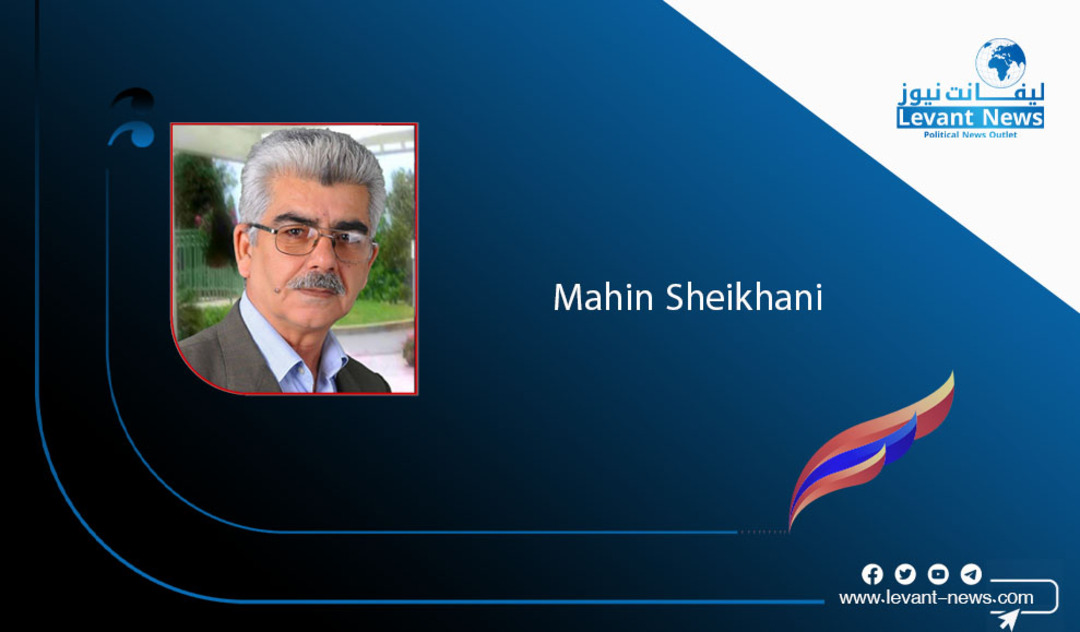-
Syrian Justice: Why the Kurdish Question Deserves Special Consideration

Introduction: Justice Is Not Achieved Through False Equivalence
In discussions about Syria’s future, terms like “equality” and “national unity” are frequently cited as ultimate goals for any political solution. However, what many fail to acknowledge is that equality does not mean uniformity, and justice is not achieved by flattening all issues into a single plane.
The Kurdish issue is not merely a “minority” concern and should not be treated as another chapter in the book of Syrian sects. It is the issue of a people with a clearly defined geography, a long history of systematic deprivation, and political and administrative structures that express a real identity. Any future solution for Syria that fails to place the Kurdish question at its core is simply a form of exclusion—disguised in the language of nationalism.
I. What Makes the Kurdish Issue Different?
1. An Undeniable Geography
Kurds are not a scattered diaspora or isolated neighborhoods—they form a clear demographic majority in entire regions such as Afrin, Kobani, Hasakah, and Qamishli. These areas were not drawn up by Kurdish will but were carved by colonial agreements like Sykes-Picot. The Syrian state further entrenched the division by denying education, citizenship, and political representation.
Today, Kurds are being uprooted from their land in the name of law—after that land was torn apart in the name of international agreements.
2. A Century of Institutional Marginalization
Even before Syrian independence, Kurds faced systematic efforts to exclude them from political and cultural life:
1962: Over 300,000 Kurds were stripped of their citizenship.
1970–1980: Hundreds of Kurdish villages were dismantled under the so-called “Arab Belt” project.
Until 2011: The Kurdish language was treated as a national security threat, not as a legitimate cultural expression.
None of this was coincidental. It was the result of calculated political repression meant to keep the Kurds as a muted force.
3. A Political Identity Beyond Sectarianism
Unlike many other Syrian groups, Kurds do not demand a religious or sectarian status—they seek clear national rights:
They have self-administration in Rojava (Syrian Kurdistan).
They maintain a federal region in Iraqi Kurdistan.
They possess international political representation, civil institutions, and a de facto government.
These are not “minority dreams” but the attributes of a nation denied statehood—not just rituals.
4. Implicit International Recognition of Kurdish Uniqueness
UN reports and other international organizations have documented crimes against Kurds as “crimes against humanity.”
Additionally, there are European development programs specifically aimed at Kurdish-majority areas.
While the world acknowledges the Kurdish plight, the Syrian internal discourse still refuses to.
II. Formal Equality Is Another Form of Injustice
1. Classifying Kurds as a “Sect” Is Part of the Problem
Neither the regime nor most opposition groups have presented a genuine vision for Kurdish rights.
The regime treats them as a security file to be managed.
The opposition speaks of “minority rights” as if the Kurds were merely a religious group.
But the reality is, Kurds are a people—with a language, history, and identity. Treating them as just a “component” weakens the essence of their cause.
2. Prepackaged Solutions Only Satisfy Their Creators
Current proposals under the banner of “decentralization” remain dominated by central authority or fragile sectarian balances.
Kurds seek real partnership—not local governance supervised by security forces.
They are not demanding a state within a state, but a state that recognizes their existence.
3. Rejected Models Ignore Real Suffering
The Kurdish proposal is not flawed; the imposed models are.
Sectarian power-sharing reproduces central domination.
A fair geographic federalism enables constitutional partnership, not division.
III. What Is the Fair and Realistic Solution?
1. Clear and Explicit Constitutional Recognition
The new Syrian constitution must explicitly recognize the Kurdish identity:
Syria is a multi-ethnic state.
Kurdish is an official language in Kurdish-majority regions.
Kurds have the right to education, cultural expression, and self-administration in accordance with international standards.
2. A Federal System Based on Geography and Demographics
There is no place for a sectarian federation that divides Syrians by religion. What’s needed are administrative regions with legislative and executive powers, such as:
Rojava Region
Coastal Region
Southern Region
This is not a call for partition, but a mechanism to ensure rights while preserving state unity.
3. Non-Negotiable International Guarantees
UN oversight of implementation
Targeted developmental aid for historically marginalized Kurdish areas
Firm penalties against demographic engineering or political arrests
Conclusion: Syria’s Unity Depends on Kurdish Justice
Kurds are not guests in Syria, nor are they newcomers to a land they have inhabited for centuries.
Denying this truth in the name of “nationalism” does not create unity—it seeds perpetual conflict.
Those who deliver justice to the Kurds today do not offer them a privilege—they lay the foundation for a state worthy of its name.
Final Messages:
To Syrians:
If you want a united Syria, remember that a large part of your unity passes through respecting those who have been systematically forgotten.
To the International Community:
Justice is not measured by word count in a constitution, but by its ability to correct a century of neglect and exclusion.
— Mahin Sheikhani
Tags
You May Also Like
Popular Posts
Caricature
opinion
Report
ads
Newsletter
Subscribe to our mailing list to get the new updates!




















